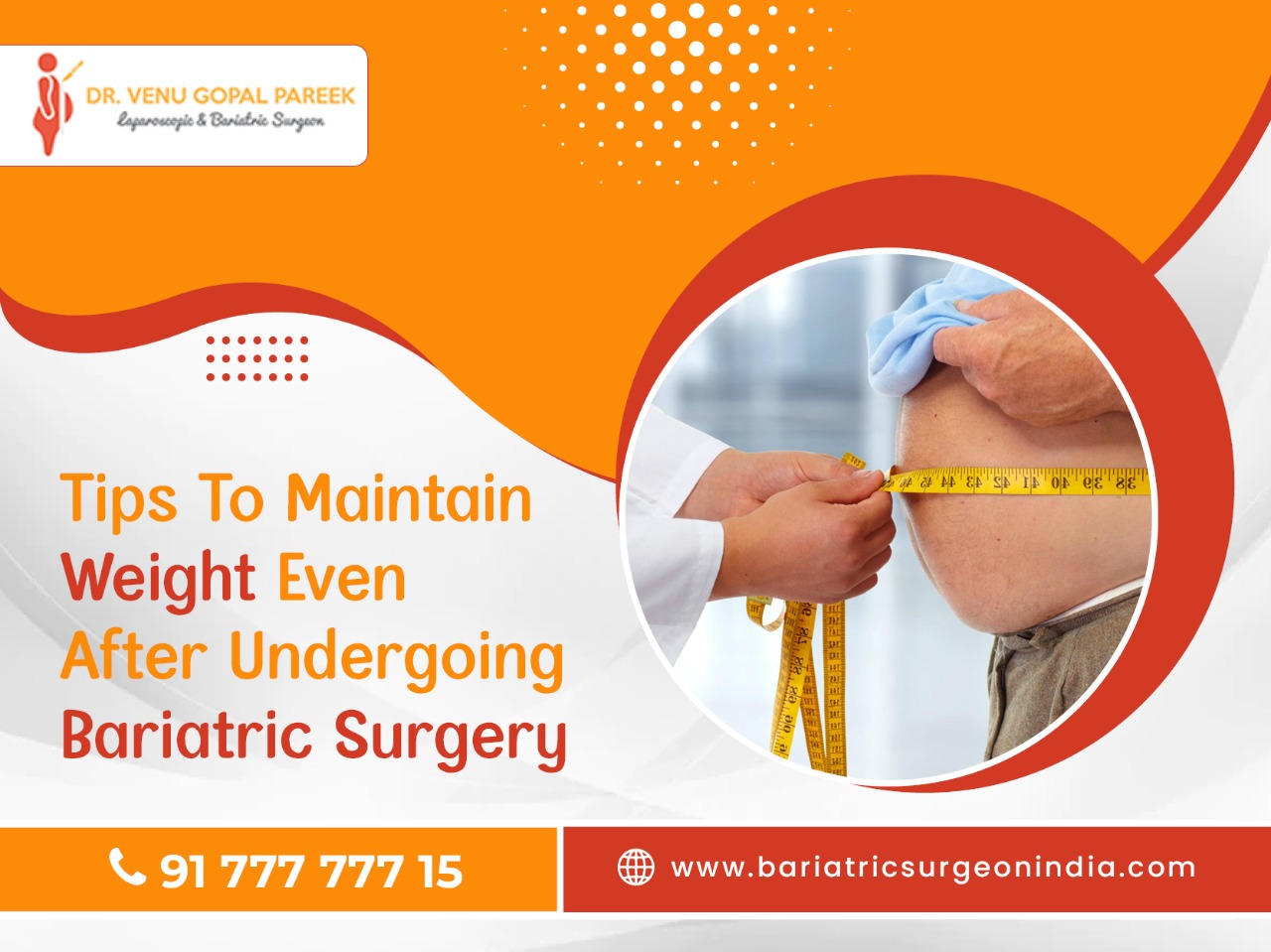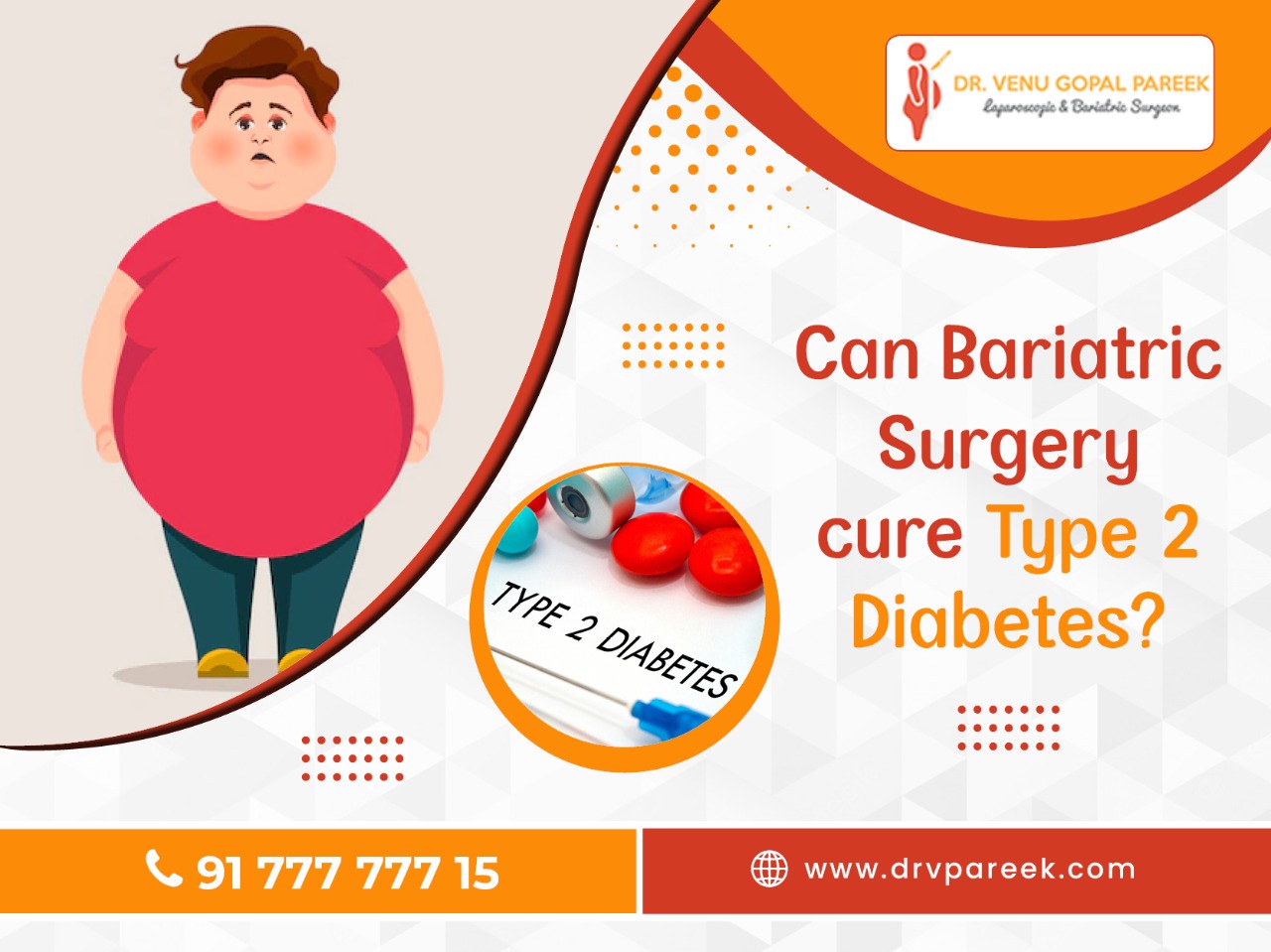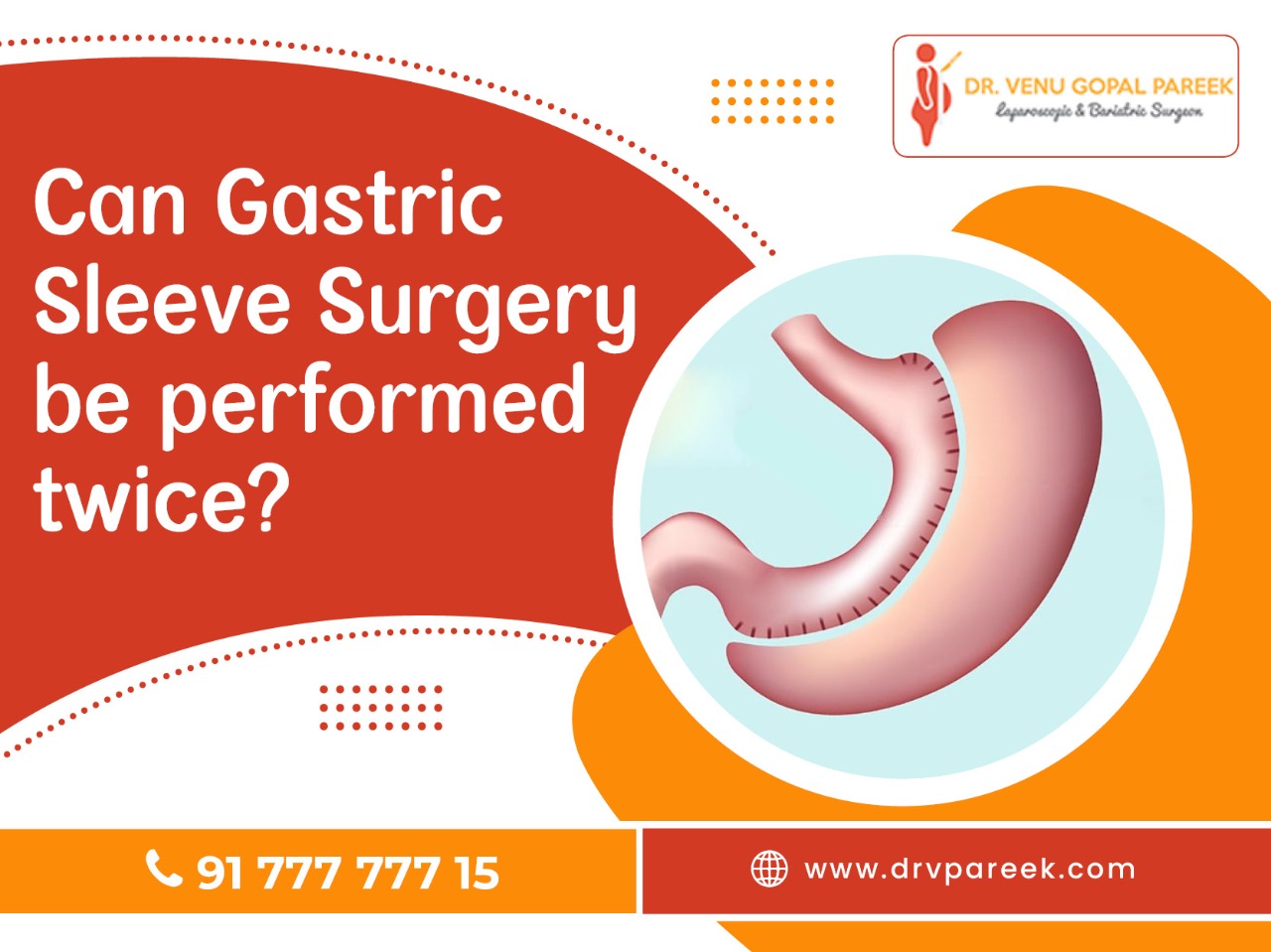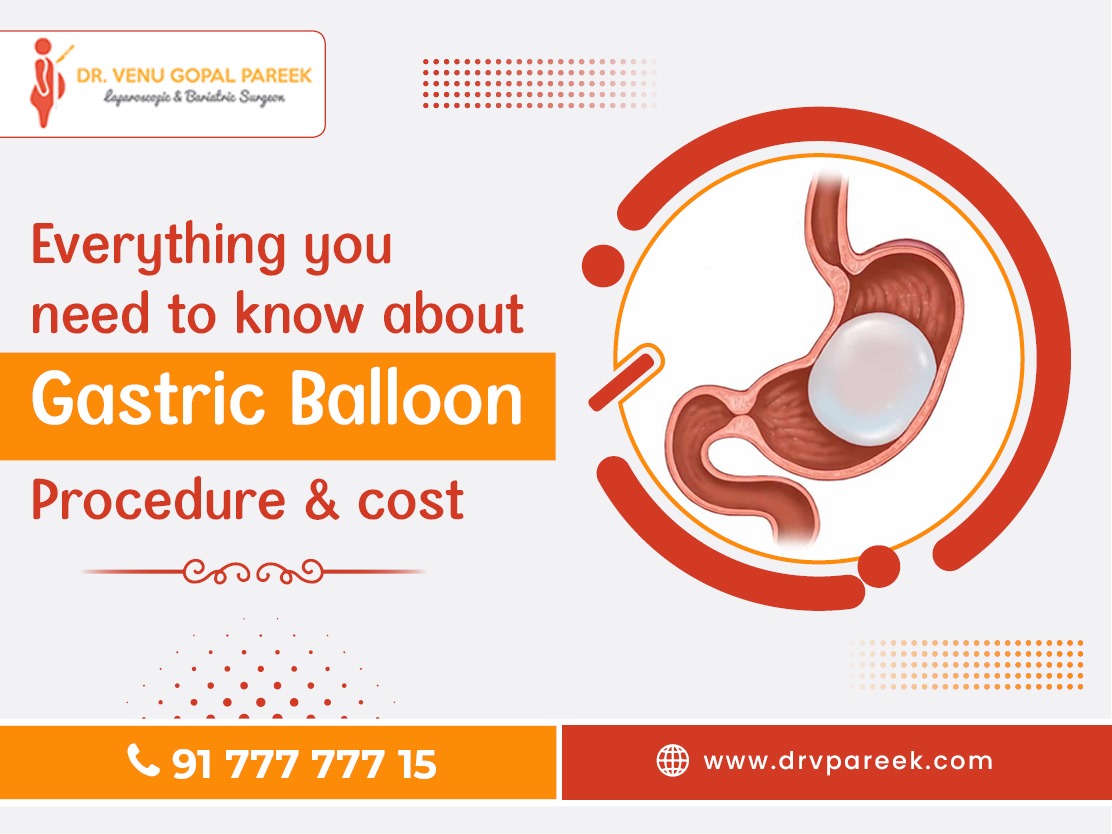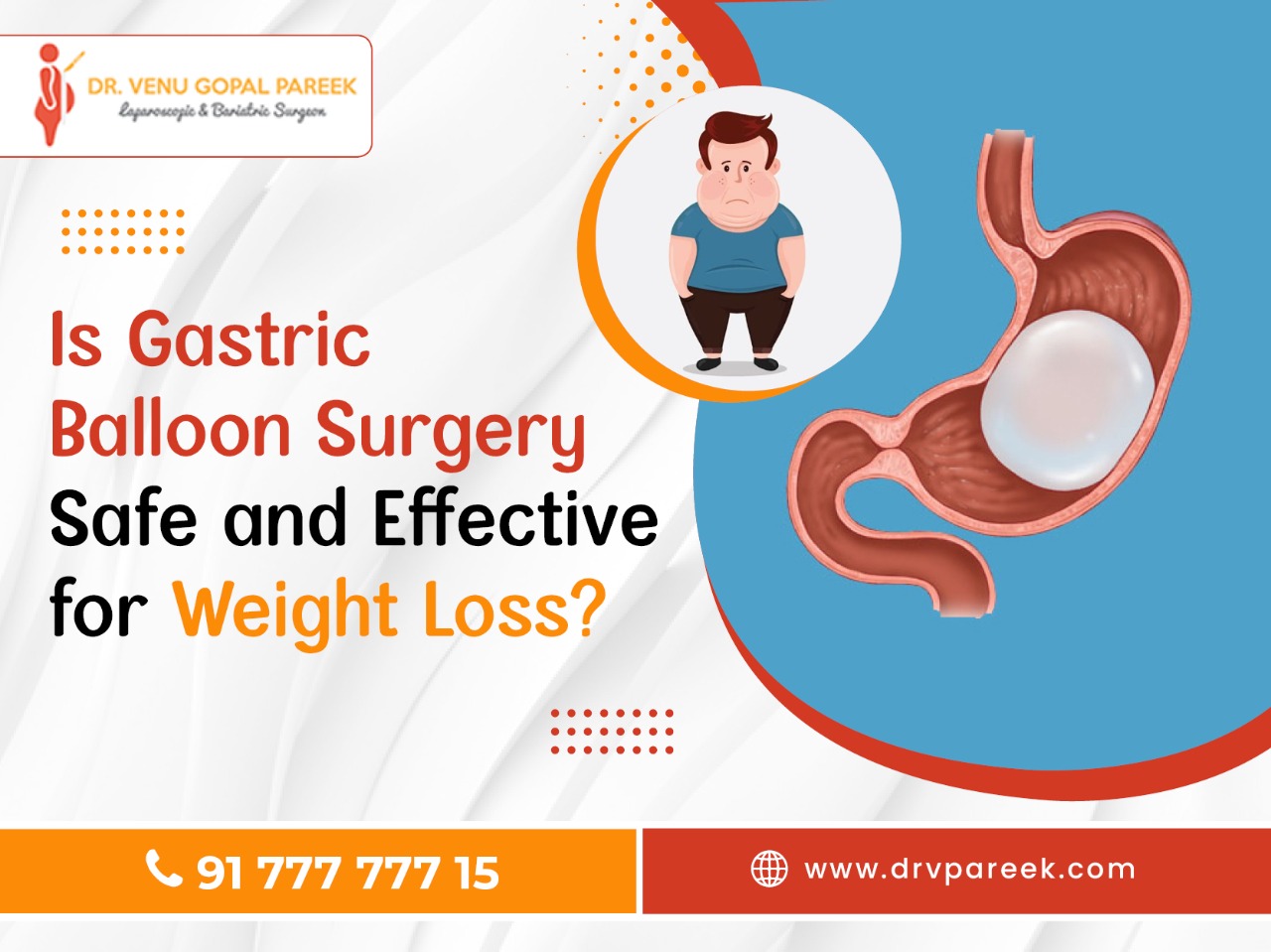Tips To Maintain Weight Even After Undergoing Bariatric Surgery
Being obese or overweight has become a major concern for millions of people all over the world — it also has a great negative impact on their self-esteem and overall health. Even though having access to a variety of weight loss options or methods, some people are resistant to healthy diets and exercise; obesity has become a way of life for them. Well, bariatric surgeries, also called weight-loss surgeries, can help
Can Bariatric Surgery cure Type 2 Diabetes ?
Researchers have discovered that weight loss surgery (bariatric surgery) can cure type 2 diabetes because the surgery can help in reducing blood sugar levels. Our digestive system breaks down the food we consume daily. Then the carbohydrates are extracted from the digested food and converted into glucose – a type of sugar that is an essential energy source for our body cells. Later the glucose is entered into the bloodstream and transported
Can Gastric Sleeve Surgery be performed twice?
Surgery is a risky procedure, and things can go wrong at any time. Occasionally, people might not be satisfied with the results. What if this occurs after gastric sleeve surgery? Can it be done twice? Let’s explore this topic in more detail in order to find out the answer. Gastric Sleeve Changes - how it changes the body In gastric sleeve surgery, a large portion of the stomach is removed, in order
Everything you need to know about Gastric Balloon Procedure & Cost
The gastric balloon procedure, also known as the intragastric balloon procedure, is a reversible, non-surgical weight-loss technique that has the potential to jump-start weight loss even in severely obese people. This is also suggested for individuals who do not meet the requirements for weight-loss surgery. As this is a new procedure, the question that strikes most people is about the cost of the gastric balloon procedure. Though this is a new
Is Gastric Balloon Surgery Safe and Effective for Weight Loss?
Weight loss with fluid-filled intragastric balloons is safe and effective regardless of the individual's BMI or age. Despite being relatively new, gastric balloons are one of the most effective ways to lose weight. An inflatable balloon is temporarily inserted into the stomach during the procedure. As the balloon occupies some space in your stomach, the amount of food you can consume is limited. Furthermore, it increases the feeling of fullness. Despite


